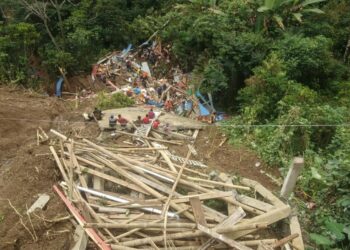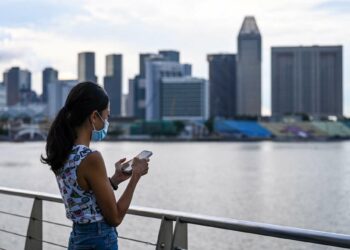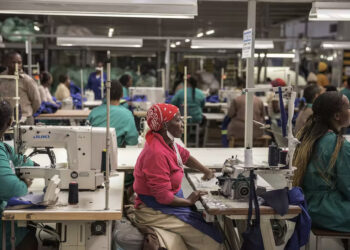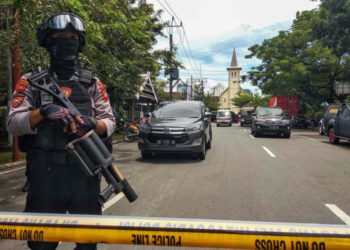Regional elections (“Pilkada”) were held in 171 regions across Indonesia last week, covering 17 provinces, 115 regencies, and 39 cities. The elections are the largest simultaneously held elections in Indonesia’s history. The candidates promise voters optimistic and innovative programs, but making these reality is not as easy.
Direct elections for regional heads were implemented in 2005, a year after the presidential elections. There are at least 542 autonomous regions in Indonesia which have regular polls every five years.
Expectations arising from this routine democracy event at the regional level are not just the election of new leaders chosen by the people, but also the emergence of new ideas, innovative approach, and progressive development to be implemented.
After more than 13 years of direct election in Indonesia, the question remains as to how far the democracy and contestation of ideas in the elections have had a significant impact on innovation and regional development.
Regional Leadership is Key to National Development
In 2015, 122 of Indonesia’s regions were considered underdeveloped. These regions lagged behind in economy, human resources, facilities, and infrastructure. This significant number reflects the low performance of local government in tackling problems and tapping potential, despite their promises to the voters of optimistic programs.
Underdeveloped regions are one of the national government’s priorities, but the above criteria are factors that depend heavily on innovative programs and approaches at the local level. Programs to increase local potential, education, infrastructure, and accessibility could be improved by local governments.
On the other hand, areas that have the advantage in infrastructure, like Java and Sumatra, were still not able to tap into their potential to the maximum level. There are still very few cities and regencies in Java and Sumatra that can push their economy progressively through innovative policies.
In practice, innovation of the public sector is not easy. The government’s bureaucratic nature and the number of legal norms and accountability that must be fulfilled requires strong vision, programs, and leadership.
The Unforgotten Vision and Innovative Program
Innovative vision and programs for the development of the region are offered with excitement during campaign periods, but often vanish after the election. Bidding to maintain their constituents, new leaders get trapped in prioritizing the “quick wins” over sustainable change.
The promises of innovative programs for fundamental and long-term goals, which require more significant investment, often get stranded in the early stages of their ruling period. Quick wins are not the wrong thing to pursue, but the newly elected leaders have a great responsibility to transform the regions as they promised.
Beautifying a park or public space for the community is a quick win and easier than establishing information systems and technology to reform public services. Paving every pothole is easier than improving the quality of education. Then, when will the long-term and innovative policies be the focus of the government? Should we wait for another election in five years?
University’s Role in Encouraging Innovative Policy
In its process, the democratic election cannot be separated from the contestation of ideas and programs from the candidates. The running candidates used to seek advice from universities and practitioners to develop their programs. In line with this, everyone is excited to criticize the programs brought by the candidates, both in public debate as well as on social media.
This excitement often stops if the elections are over and only reappears when the next election is about to begin. The people, and especially the educated population, tend to stop giving intense attention in guarding the program that was carried out during the campaign.
Universities should play a more significant role and take the responsibility of ensuring the programs are carried out. As of 2014, there were 121 public universities and 3104 private universities spread across Indonesia. It is unfortunate if these universities only contribute every five years, when elections are held.
The universities and academia must actively encourage the local governments to prioritize innovative development programs. Through open feedback forums and direct advocacy, the universities can keep an eye on programs run at the local level and evaluate their progress.
The universities as a knowledge center can also provide support to the government with their research and studies. In return, the government can collaborate with the university to run various programs.
At the national level, more bold policies are required to encourage sustainable roles and responsibilities of universities in regional development. The advanced and innovative regions are not born from an instant process. It needs a comprehensive approach and involvement of all parties. Indonesia cannot let promises of advanced regional development become just marketing mimics of the election.
Disclaimer: The views and opinions expressed here are those of the author and do not necessarily reflect the editorial position of The Globe Post.



















